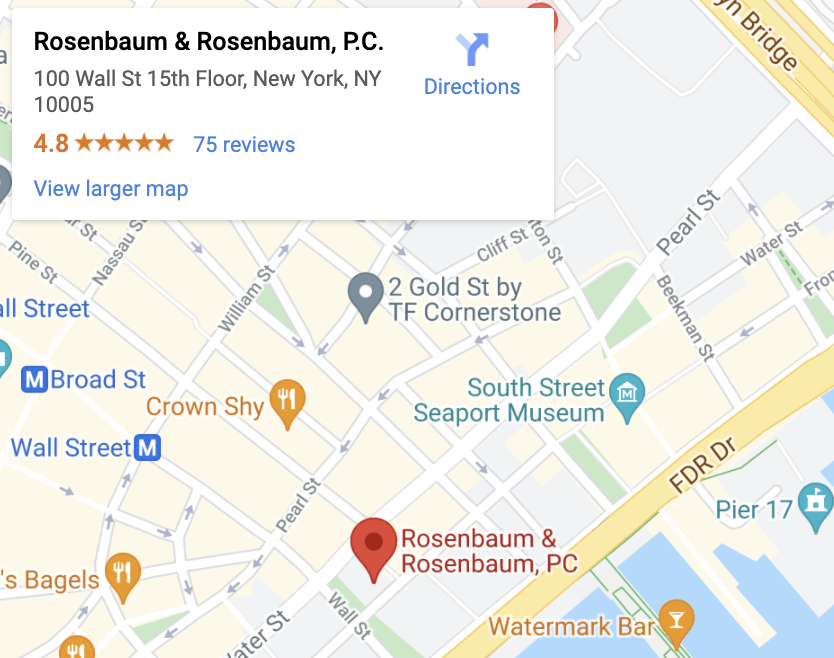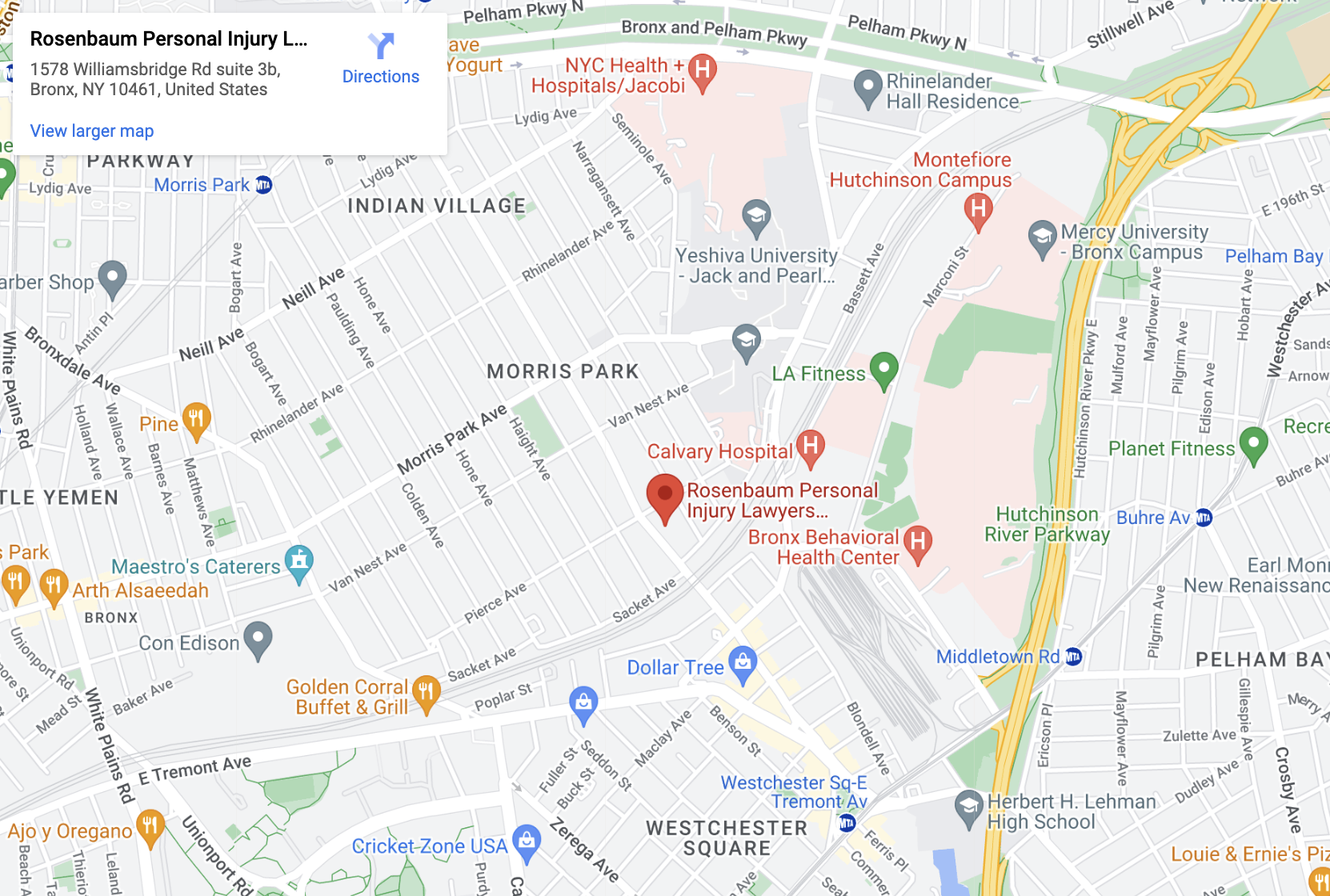Quadriplegia Injury

You have probably heard quadriplegia injuries described as paralysis from the neck down. But quadriplegia injuries are more complicated and devastating than that simple description might suggest.
Some people with quadriplegia retain some function in their limbs and can even continue working. Others lose all functions in their limbs and many of their organs. These accident victims may need 24-hour care since they cannot even breathe without support.
Here are some facts about quadriplegia injuries and how you can recover compensation for the effects of these catastrophic injuries.
Table of Contents
What is the Structure of Your Nervous System?

The central nervous system includes your brain and spinal cord. The brain controls your nervous system. All nerve signals to your body originate in your brain. And all sensory signals from your sense organs travel to your brain.
Two sets of nerves connect directly to your brain. Your cranial nerves carry signals between your head and neck to your brain. Cranial nerves carry the visual signals from your eyes to your brain. They also carry the signals to control chewing and facial expressions from your brain.
Your spinal cord carries all of the nerve signals to muscles and organs below your neck. The nerve signals responsible for moving your arms and expanding your lungs travel through your spinal cord.
Your spinal cord runs through the spinal canal. This passage through the spine protects the spinal cord. It also includes openings at each vertebra.
Nerve roots branch off the spinal cord at these openings. The location of the nerve root matches the body parts controlled. Higher nerve roots control the shoulders, while lower nerve roots control the feet and toes.
Nerves carry signals using electric charges. A nerve cell can send charged particles called ions to its surface. When the next cell in line senses the charge, it can continue the signal by releasing its ions. As a result, nerve signals pass rapidly between your brain and body.
How Can an Accident Cause a Quadriplegia Injury?
Spinal cord injuries happen when the nerves in the spinal cord get damaged. Severed nerves cannot carry nerve signals. Signals to and from body parts below the injury will experience paralysis and loss of sensation.
Quadriplegia happens when you have paralysis in all four limbs. The nerve roots for your shoulders, arms, hands, and fingers branch from your spinal cord in your neck. When you sever your spinal cord in your neck, you will lose nerves that run to your upper and lower limbs.
Two types of trauma can cause quadriplegia:
Penetrating Injury
If an object pierces your spine, it can sever your spinal cord. These injuries can happen during an assault with a knife or gun. The knife blade or bullet can enter the spinal canal and sever nerves in the spinal cord.
Penetrating trauma can also happen in accidents. For example, a construction accident could result in a fall onto an object that pierces your spine and severs your spinal cord.
Fractured Vertebra
When you break a vertebra in your neck, bone fragments can dislocate into the spinal canal and sever the spinal cord.
After a broken neck, the brace paramedics place around your neck stabilizes your injury to reduce the chances of a spinal cord injury during your trip to the hospital. But your accident may have already severed your spinal cord, leaving you paralyzed.
You can suffer a fractured cervical vertebra in almost any accident, from a slip and fall to a traffic accident.
What Are the Degrees of a Quadriplegia Injury?
The phrase “paralyzed from the neck down” makes it sound like all quadriplegia injuries are the same. But quadriplegia injuries differ based on two factors:
Completeness of the Injury
In a complete spinal cord injury, all of the spinal cord nerves get severed. As a result, no nerve signals can travel past the level of the injury. You will experience total paralysis and complete loss of sensation.
In an incomplete spinal cord injury, some but not all of the nerves get severed. You will likely retain some movement and sensation below the injury.
Through neuroplasticity, your brain may also regain some control over the areas connected to severed nerves. This nervous system characteristic allows the brain to use intact nerves to control nearby areas.
Location of the Injury
The location of the injury can make an enormous difference in the areas affected. The neck includes seven cervical vertebrae and eight cervical nerve roots. Higher injuries will affect more areas simply because the nerves have not yet branched off the spinal cord at that level.
An injury at the C1 or C2 nerve root just below the skull and the first vertebra often results in death. At this level, your spinal cord still contains the nerves running to your chest muscles that help you breathe. When these nerves get severed, you stop breathing and die from irreversible brain damage within about four minutes.
You can survive an injury at the C3 or C4 level. However, you will likely require ventilator support to help you breathe. You will also have paralysis from your shoulders down.
You may require breathing support initially at the C5 and C6 levels, but intensive therapy can probably wean you off it. You may have some control over your chest, shoulders, and arms, particularly if you have an incomplete injury. But you will probably have limited or no use of your hands and fingers.
When you have a C7 or C8 nerve root injury, you have the lowest level of quadriplegia. You can probably breathe without a ventilator and have control over your chest, shoulders, and arms. You also have some limited control over your hands and fingers.
What Compensation Can You Seek for a Quadriplegia Injury?
You can seek compensation if your quadriplegia injury results from another’s actions.
This compensation can cover your financial losses, including medical expenses, lost income, and diminished earning capacity. You can also seek compensation for your reduced quality of life due to pain, suffering, and permanent disability.
Quadriplegia and brain damage are the most severe non-fatal injuries you can suffer. After suffering quadriplegia, you might never work again. You will probably need assistance with routine tasks like eating, showering, and using the toilet. And your quality of life could suffer from mental anguish and permanent disability.To discuss the compensation you can seek for a quadriplegia injury suffered in an accident, contact or call Rosenbaum Personal Injury Lawyers at (212) 514-5007 to schedule a free consultation.



